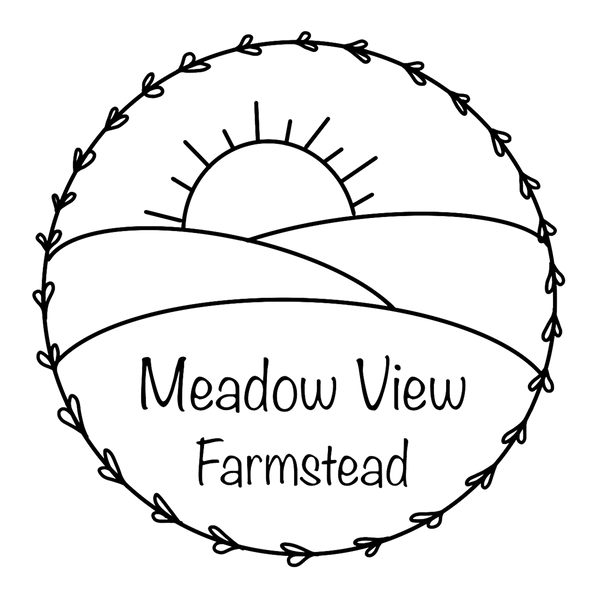Have you ever found yourself wandering through a garden, marveling at the variety of herbs and wondering if they might hold the secrets to better health? Or maybe you’ve sipped on a calming chamomile tea and thought, “I’d love to know more about how these plants work their magic.” If so, you might be on the path to becoming an herbalist—a journey that blends nature, science, and a touch of magic!
Let’s dive into what it takes to become an herbalist and why this could be the perfect path for you.
Why Herbalism?
Herbalism is all about using plants to support health and wellness. Unlike conventional medicine, which often focuses on treating symptoms, herbalism takes a more holistic approach. It’s about looking at the whole person and using nature’s pharmacy to promote balance and healing. It’s a wonderful way to connect with nature and learn how plants can be a powerful ally in maintaining health.
Getting Started: Your Herbalist Journey
1. Find Your Passion for Plants
If you’re already spending weekends gardening or collecting wild herbs, you’re off to a great start! Embrace that love for plants and let it guide your journey. Start by familiarizing yourself with local herbs and their uses. There’s a whole world of plant magic waiting to be discovered right in your backyard or at your local farmer’s market.
2. Educate Yourself
Learning about herbalism can be as formal or informal as you like. There are tons of resources out there, from online courses to local classes and workshops. Look for reputable programs that cover the basics, like plant identification, herbal preparation (think teas, tinctures, and salves) and the principles of holistic health.
For starters, check out books by authors like Rosemary Gladstar and Michael Tierra. They offer a wealth of knowledge and are great for anyone new to the field.
3. Get Hands-On Experience
Theory is fantastic, but hands-on experience is where the magic really happens. Try growing your own herbs, experimenting with recipes and making your own herbal remedies. You might also want to find an experienced herbalist to apprentice with or volunteer alongside. It’s an amazing way to learn the ropes and get practical insights.
4. Find Your Niche
As you learn and grow, you’ll likely discover a particular area of herbalism that resonates with you. Maybe you’re passionate about digestive health or perhaps you’re drawn to herbal remedies for stress relief. Finding your niche can help you focus your studies and make your practice more meaningful and unique.
5. Start Your Practice
Once you’ve gained some experience and confidence, you might feel ready to start your own herbal practice. This could be anything from offering personalized consultations to creating your own line of herbal products. Don’t forget to check local regulations and licensing requirements to make sure you’re on the right track.
The Joys and Challenges
Becoming an herbalist is incredibly rewarding. You get to work closely with nature, help people improve their health and continually learn and grow. Plus, there’s something truly satisfying about crafting your own herbal remedies and seeing their positive effects.
Of course, it’s not without its challenges. The journey involves a lot of learning, experimenting and sometimes navigating complex regulations. But with passion and persistence, the rewards can be truly fulfilling.
Your Turn!
If the idea of becoming an herbalist excites you, take the leap and start exploring this wonderful field. It’s a journey that combines your love for plants with the joy of helping others. So, whether you’re sipping on a soothing tea or preparing an herbal tincture, remember that each step brings you closer to making a positive impact with nature’s gifts.
Disclaimer: This information has not been evaluated by the FDA and is not intended to diagnose, cure, prevent or treat any disease. Information is provided for educational purposes only, it is not to be used as medical advice. Use this information at your own risk. We are not responsible for dosage mistakes, misuse, or adverse reactions. Each person reacts differently to each plant and you should always exercise caution when taking herbal products. Always consult a medical professional before taking/using any herbal product.

